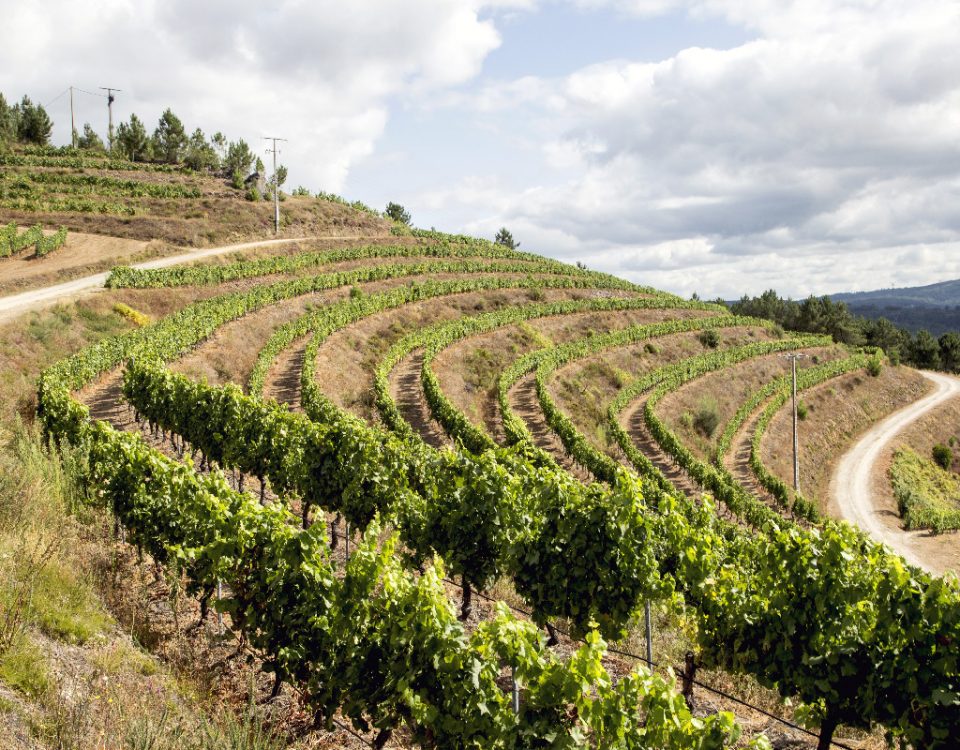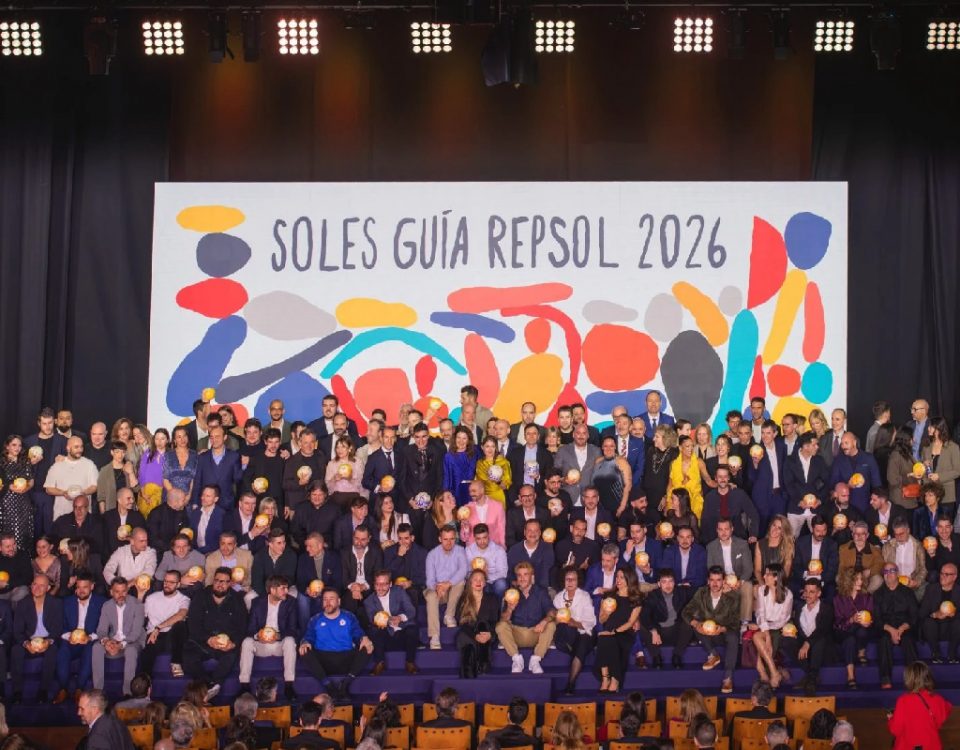- El mejor turismo de galicia
UNWTO publishes a report with 11 strategies and 68 measures to assist in the management of urban tourism flows
UNWTO publishes a report with 11 strategies and 68 measures to assist in the management of urban tourism flows
The World Tourism Organization (UNWTO) recently published a report with the objective of helping to manage the increase in urban tourism flows and their effects on cities and their residents by addressing key issues such as governance and the generation of sustainable policies and practices that ensure a good relationship between residents and visitors.
Under the title “Overtourism”? Understanding and managing the growth of urban tourism beyond perceptions, the report was presented at the Seventh World Summit on Urban Tourism in Seoul and is the result of collaboration between UNWTO, the Centre of Expertise Leisure, Tourism & Hospitality (CELTH) of the University of Applied Sciences in Breda and the Europa Tourism Futures Institute (ETFI) of the Stende University of Applied Sciences.
It proposes up to 11 strategies and 68 measures to help understand and manage visitor growth by proposing sustainable policies and practices that minimise the negative effects of tourism on natural resource use, infrastructure, mobility and saturation, as well as its socio-cultural impact. There are more and more cases of hostile attitudes of local populations towards visitors, due to overcrowding, noise and other issues, which have led to the emergence of terms such as “overtourism” and “tourism-phobia” in the media.
To better understand the difficulties posed by visitor management in urban contexts, especially the relationship between residents and visitors, the report contains an analysis of residents’ perceptions of tourism in eight European cities: Amsterdam, Barcelona, Berlin, Copenhagen, Lisbon, Munich, Salzburg and Tallinn.
“There is no one-size-fits-all solution for dealing with overtourism. Instead, tourism should be part of a city-wide sustainable development strategy,” concludes Dr Ko Koens of CELTH and the University of Applied Sciences in Breda. The report does recommend a common strategic vision for all stakeholders: to reconcile residents with visitors and to adopt careful planning that respects the capacity limits and specificities of each destination. “The participation and support of local residents is key to achieving sustainable tourism,” explains Professor Albert Postma of CELTH and Stenden University of Applied Sciences. “Building shared responsibility among stakeholders directly or indirectly involved in tourism development is key to ensuring long-term sustainability,” concludes researcher Bernadett Papp.









